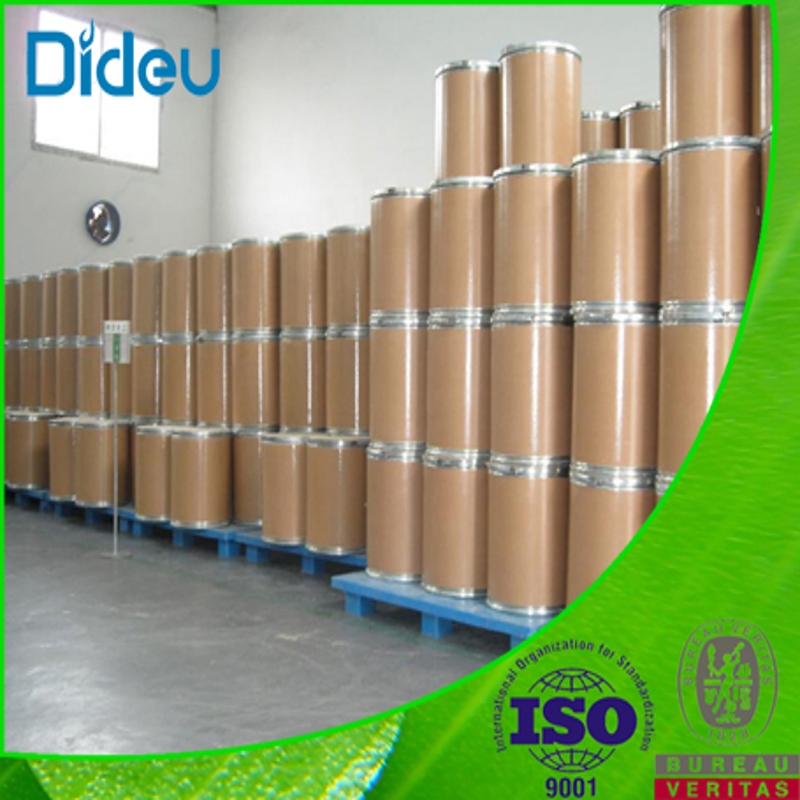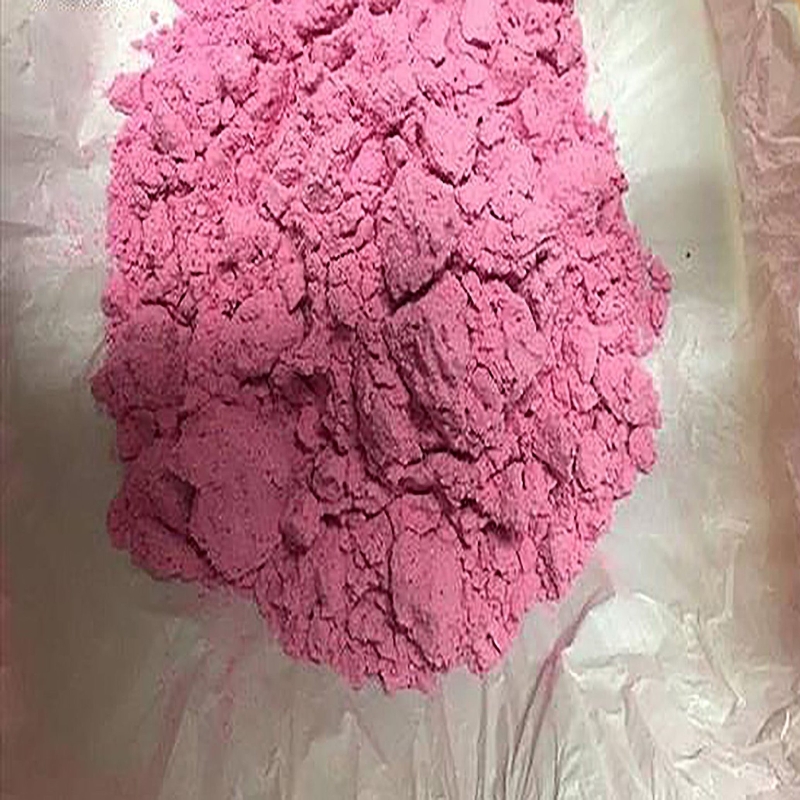-
Categories
-
Pharmaceutical Intermediates
-
Active Pharmaceutical Ingredients
-
Food Additives
- Industrial Coatings
- Agrochemicals
- Dyes and Pigments
- Surfactant
- Flavors and Fragrances
- Chemical Reagents
- Catalyst and Auxiliary
- Natural Products
- Inorganic Chemistry
-
Organic Chemistry
-
Biochemical Engineering
- Analytical Chemistry
-
Cosmetic Ingredient
- Water Treatment Chemical
-
Pharmaceutical Intermediates
Promotion
ECHEMI Mall
Wholesale
Weekly Price
Exhibition
News
-
Trade Service
Compared with general anesthesia, the effect of spinal anesthesia on the walking ability of the elderly undergoing hip fracture surgery has not been fully studied
.
Recently, a research article was published in the top medical journal NEJM.
Researchers conducted a pragmatic randomized superiority trial for previously ambulatory patients aged 50 or older who underwent hip fracture surgery in 46 US and Canadian hospitals.
The patient compared the effects of spinal anesthesia and general anesthesia
.
The patients were randomly assigned to receive spinal anesthesia or general anesthesia at a ratio of 1:1
A total of 1,600 patients were recruited for the study; 795 were assigned to receive spinal anesthesia, and 805 were assigned to receive general anesthesia
.
The average age of the subjects was 78 years old, and 67.
104 (15.
2%) of the 684 patients in the spinal anesthesia group and 101 (14.
4%) of the 702 patients in the general anesthesia group reported being unable to walk independently for 60 days (relative risk 1.
06; 95% CI 0.
82) To 1.
36), and 30 out of 768 cases (3.
9%) and 32 out of 784 cases (4.
1%) died within 60 days (relative risk 0.
97; 95% CI 0.
59 to 1.
57)
.
Delirium occurred in 130 (20.
It can be seen that spinal anesthesia for hip fracture surgery in the elderly is not superior to general anesthesia in terms of 60-day survival and recovery from the ground
.
The incidence of postoperative delirium was similar between the two methods of anesthesia
Spinal anesthesia for hip fracture surgery in the elderly is not superior to general anesthesia in terms of 60-day survival and recovery from the ground







